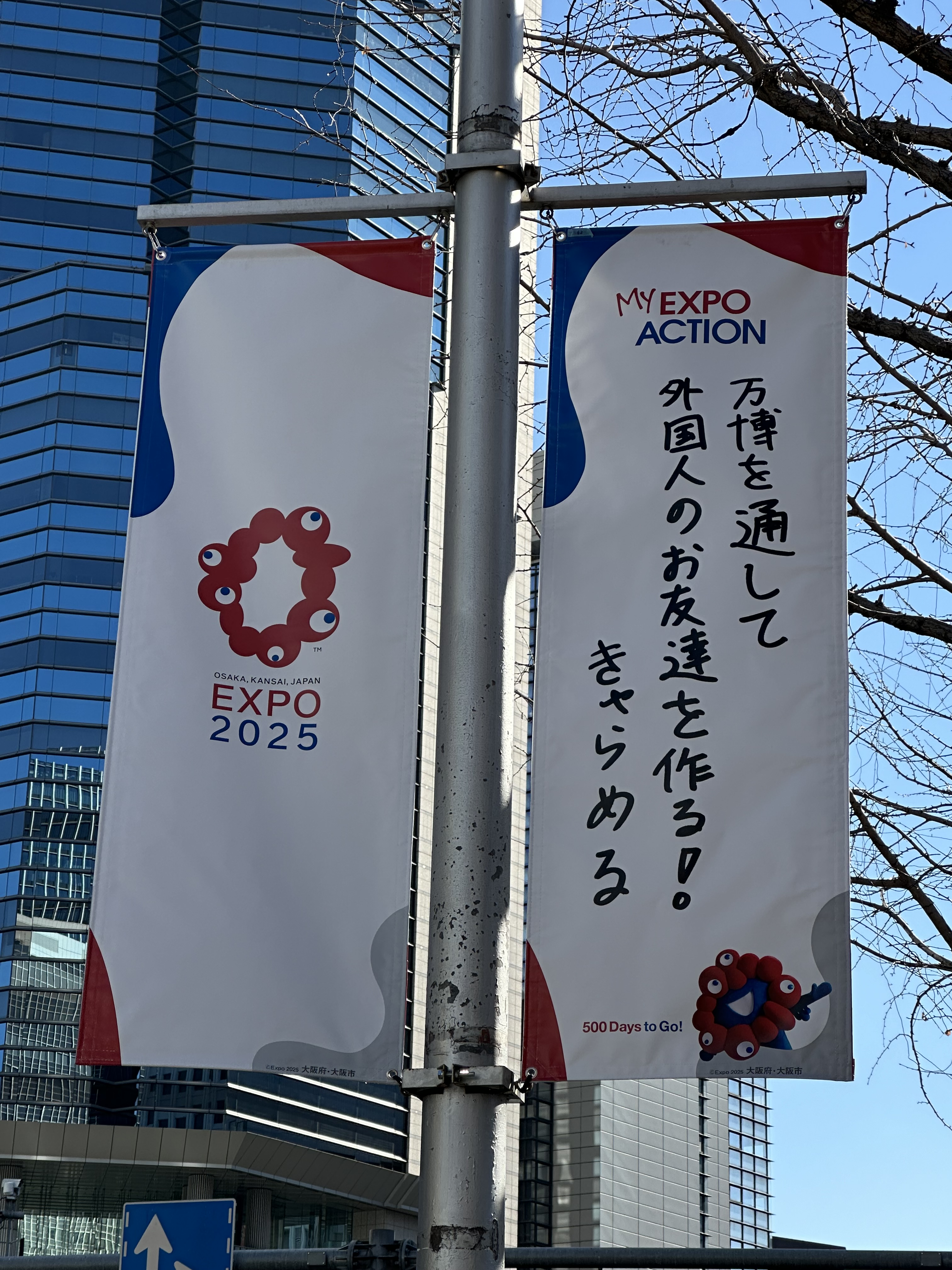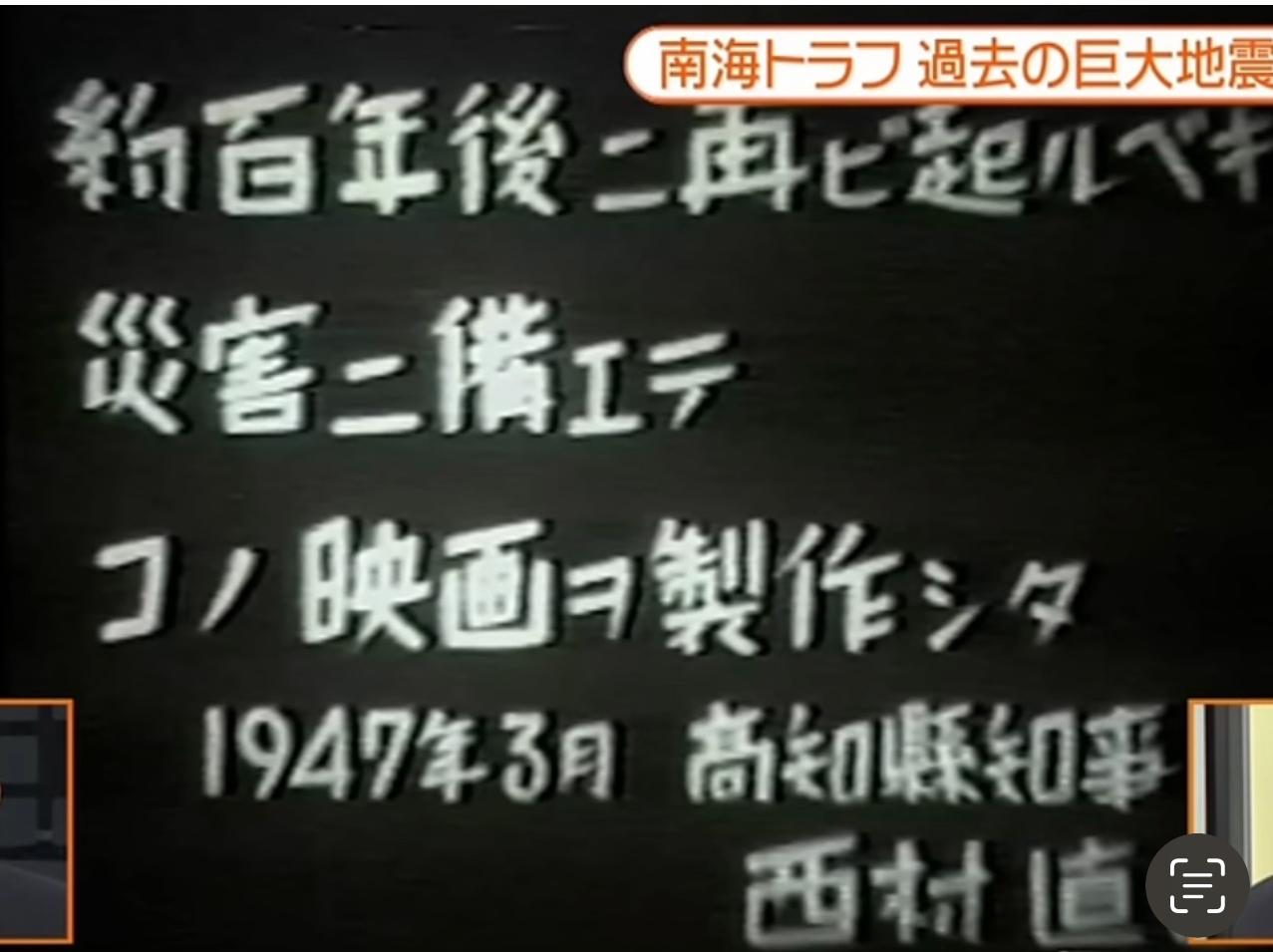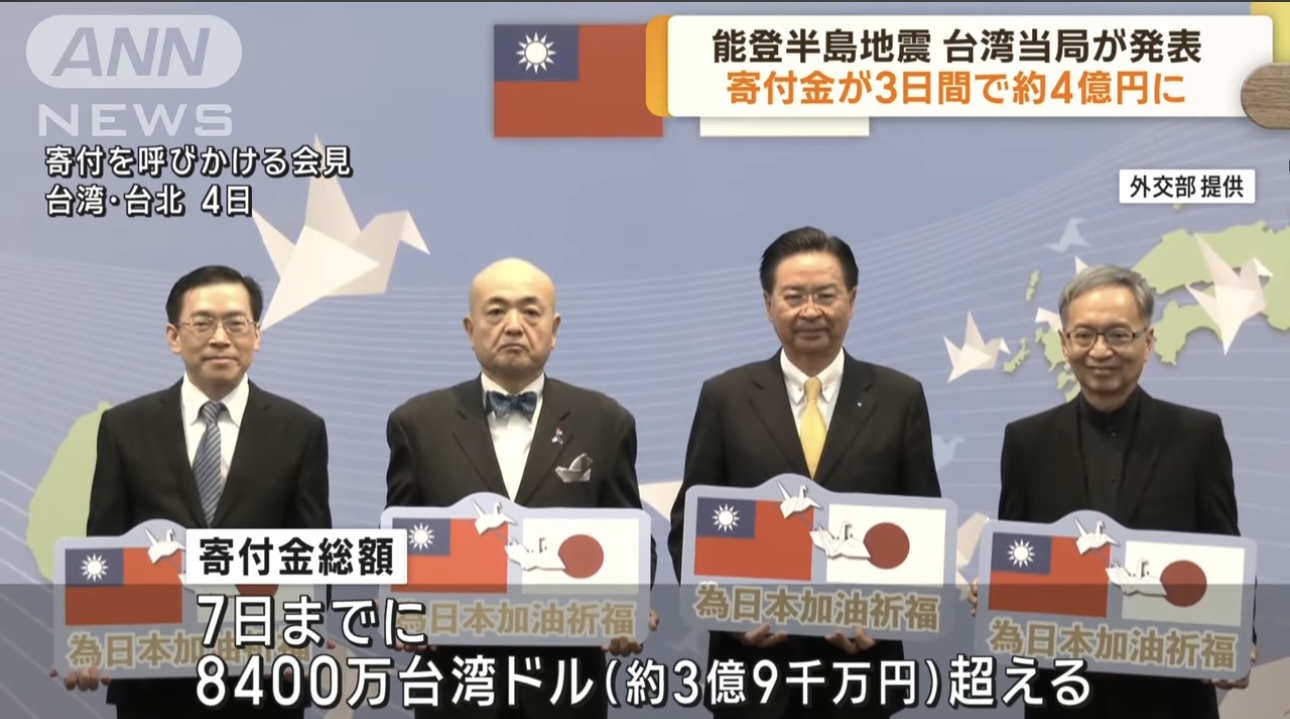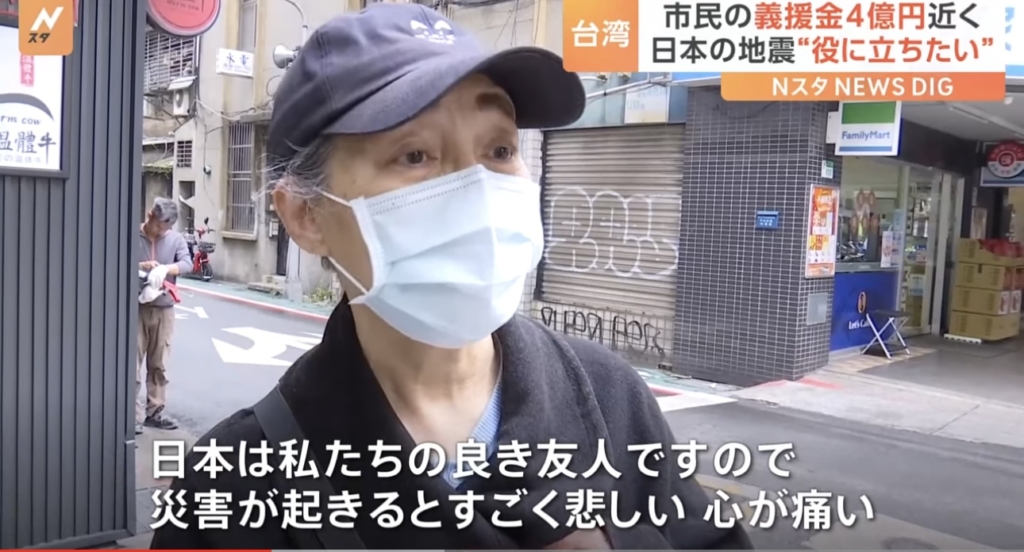
Today, while walking from Osaka Station towards Midosuji, a piece of handwritten note caught my eye on a utility pole. It was a message written by a little girl about the upcoming Osaka Expo 2025.
The note in Japanese
“Through the Expo, I want to make foreign friends! ”
Name: Caramel.”
Despite the prevalent negative media about the Expo, actually I am genuinely excited about the Osaka Expo 2025 like this girl.
I believe it will be a platform where new friendships are forged among people from all around the world.
Even my employees echo the sentiment, saying, “I am looking forward to it.”
#OsakaExpo2025 #GlobalFriendship #Unity #WorldExpo #CulturalExchange #Community #GlobalUnity #NewBeginnings #Excitement #LookingForward #ChildrensPerspective #InspirationalThoughts #ConnectingWorlds #ExpoCountdown #CulturalDiversity



 #NankaiTroughEarthquake #DisasterPreparedness #HistoricalDocumentary #Foresight #Legacy #KochiPrefecture #GovernorNaoyoshiNishimura #EarthquakeAwareness #PublicSafety #CommunityResilience
#NankaiTroughEarthquake #DisasterPreparedness #HistoricalDocumentary #Foresight #Legacy #KochiPrefecture #GovernorNaoyoshiNishimura #EarthquakeAwareness #PublicSafety #CommunityResilience
